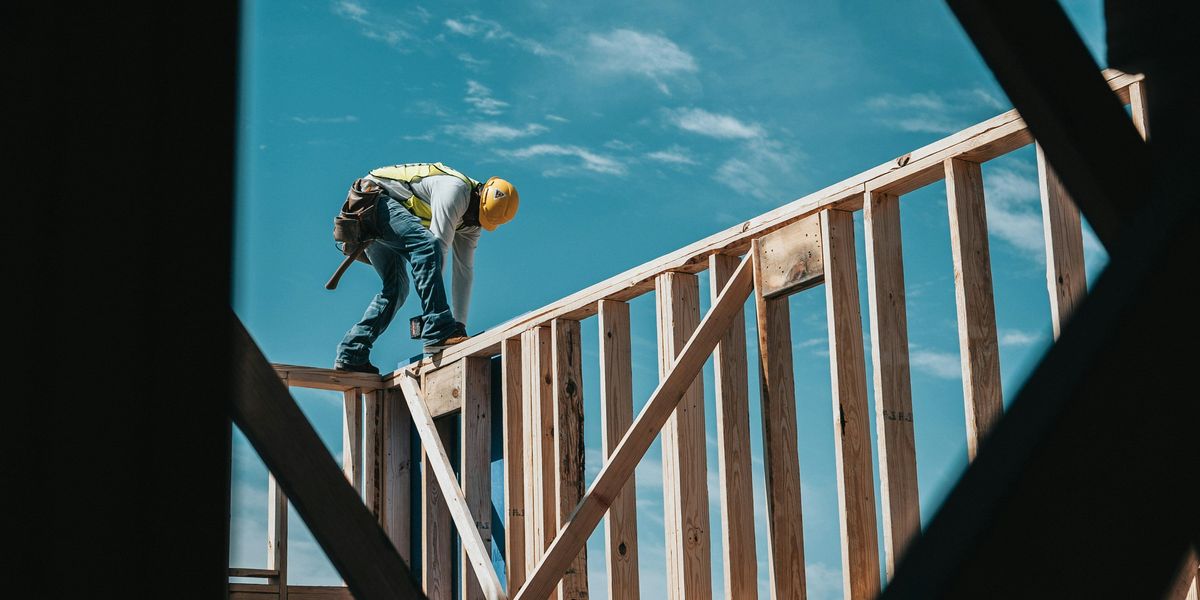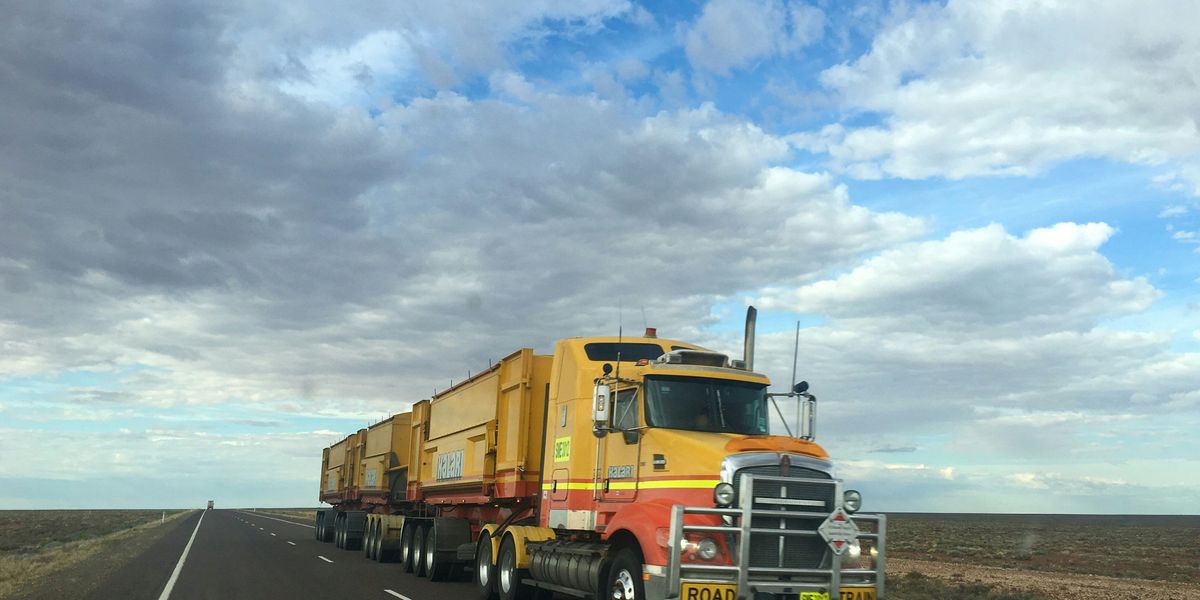jasper
Jasper school officials push for better climate emergency planning
As students in Jasper prepare to return after devastating wildfires, experts stress that schools nationwide need better climate crisis response plans.
In short:
- Jasper’s schools will reopen on Sept. 17, weeks later than scheduled, after extensive efforts to clean and restore facilities damaged by wildfires.
- Experts warn that with the growing frequency of extreme weather events, schools must implement long-term air quality monitoring and mental health support for students and staff.
- Calls are growing for provincial and federal funding to create standardized emergency plans for schools facing climate-related disasters.
Key quote:
"There's even more evidence implicating air quality in such things as cancer, and so it's really important that we recognize that — not just for the kids, but for the teachers that might be exposed to these conditions long term."
— Dr. Joe Vipond, past president of the Canadian Association of Physicians for the Environment
Why this matters:
As climate change drives more extreme weather, schools must prepare to protect students' physical and mental health during and after these events. Without proactive planning, the risks to children’s well-being will only increase.
Glacier melt accelerates as wildfires deposit soot and ash in Alberta
Wildfire soot and ash are accelerating the melting of Alberta's Athabasca Glacier by darkening its surface, leading it to absorb more heat, according to scientists.
In short:
- Wildfires near Jasper National Park have released soot and ash onto the Athabasca Glacier, darkening it and causing it to absorb more solar radiation, which speeds up its melting.
- The glacier, which lost a record nine meters last year, is melting faster than normal, threatening the water supply for the Athabasca River and impacting hydroelectric power generation.
- Research shows that soot, ash and algae blooms are major factors in glacier darkening, exacerbating the effects of climate change and increasing glacier melt rates.
Key quote:
"It puts these glaciers in a very perilous position yet again."
— John Pomeroy, hydrologist at the University of Saskatchewan
Why this matters:
The accelerated melting of glaciers not only threatens the regional water supply but also disrupts ecosystems and power generation dependent on glacier-fed rivers. As wildfires increase due to climate change, these issues are expected to worsen, highlighting the urgent need for climate action and adaptation strategies.
Wildfire devastation hits Jasper, Alberta
A raging wildfire forced firefighters to retreat, leaving Jasper residents uncertain about the fate of their homes.
In short:
- The wildfire moved five kilometers in under 30 minutes, with flames reaching 100 meters high.
- Jasper's mayor, evacuated with residents, described the overwhelming sense of helplessness as they awaited news from afar.
- Alberta's provincial response was hampered by jurisdictional issues with Parks Canada, delaying critical support measures.
Key quote:
"Like all residents, I feel essentially devastated, shattered and absolutely helpless in the face of nature, which is just so powerful."
— Richard Ireland, Mayor of Jasper
Why this matters:
As wildfires become more frequent due to climate change, communities face increasing threats and challenges. Improved wildfire management and climate action are crucial to mitigate future disasters.















